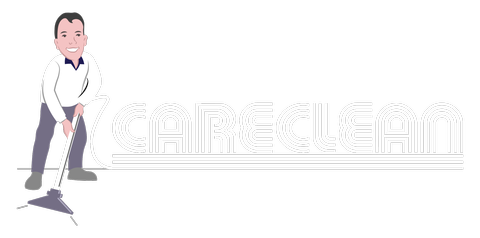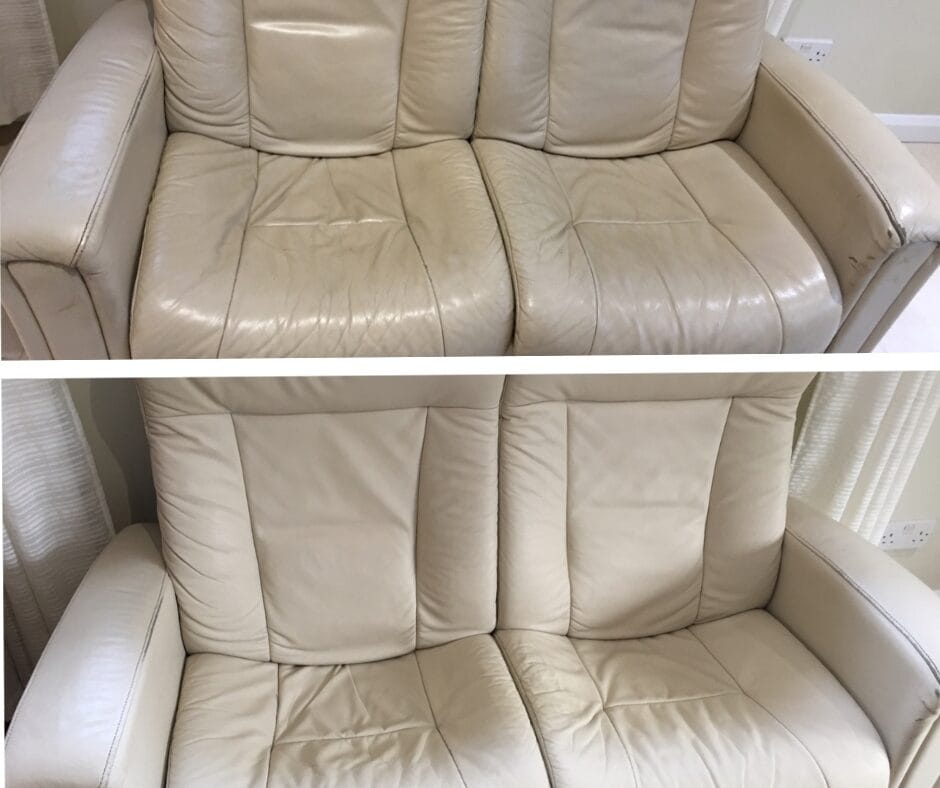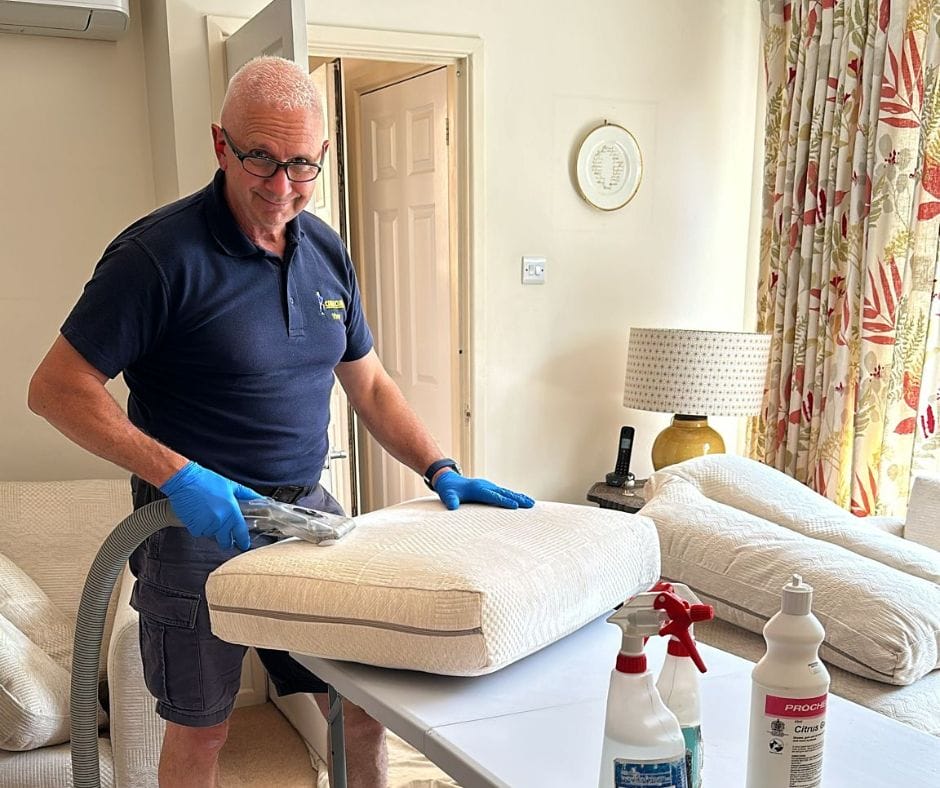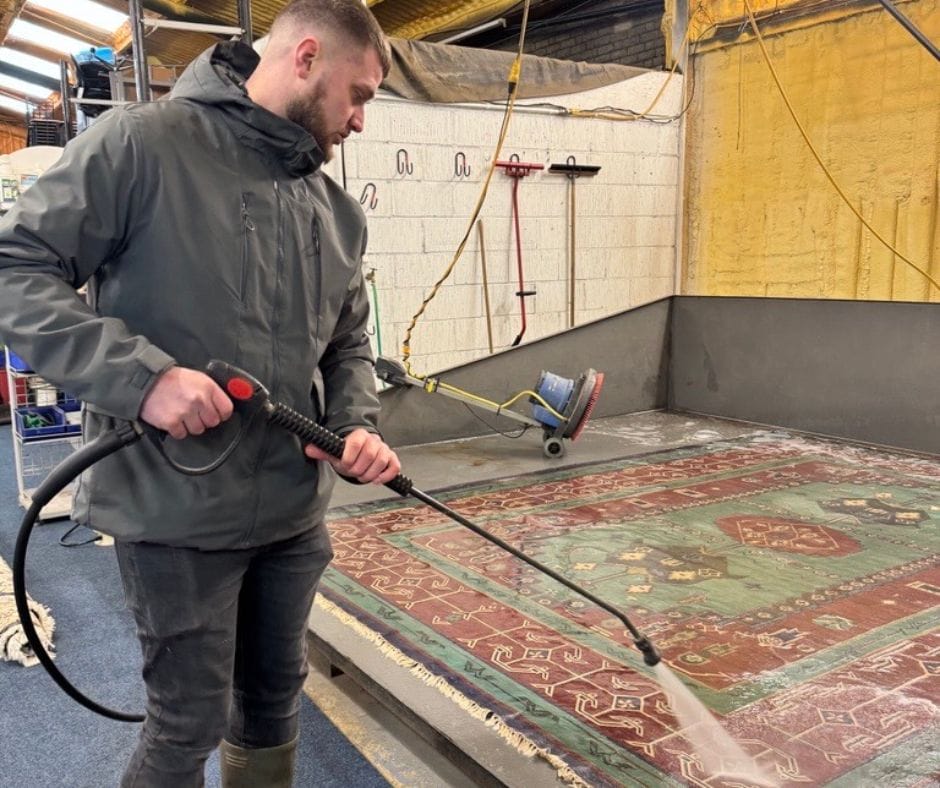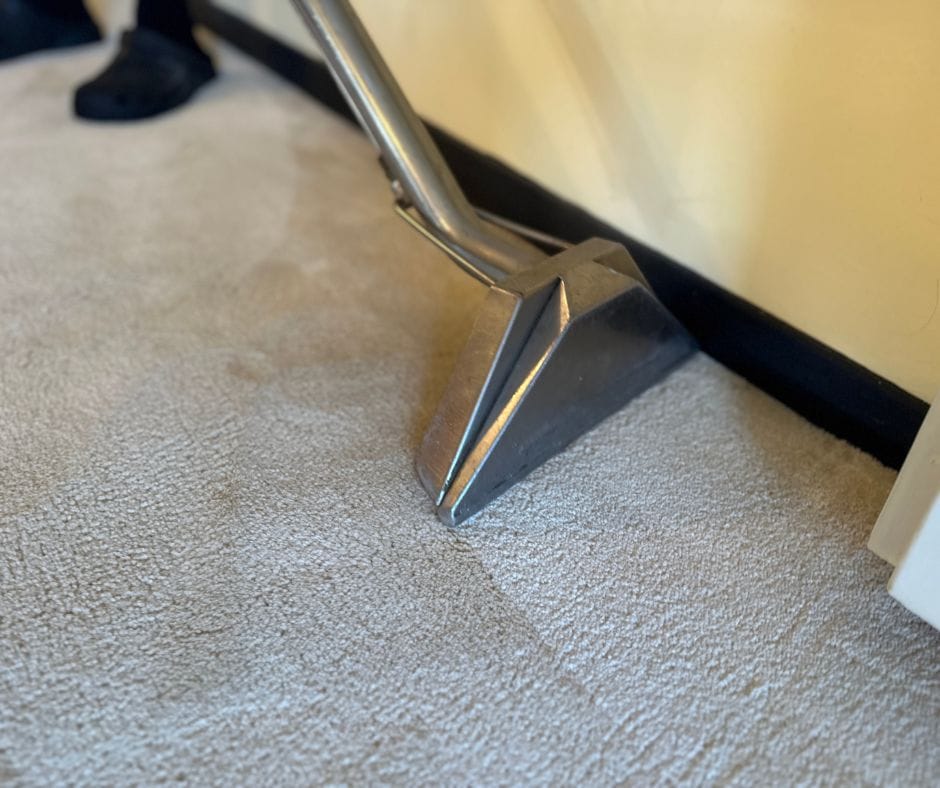When cleaning your leather sofa, it’s so tempting to reach for the nearest baby wipe. They’re convenient, easy to use, and great for wiping down all kinds of surfaces. BUT what seems like a quick solution could actually cause long-term damage to your leather upholstery. In this guide, we’ll explain why you shouldn’t use baby wipes on Your leather sofa, what harm they can cause, and the right way to clean your leather furniture to keep it looking great.
Why You Might Be Tempted to Use Baby Wipes
Let’s face it—baby wipes are handy. You might already use them for cleaning sticky hands, kitchen surfaces, or even minor spills around the house. It seems logical to grab one when you spot a mark on your leather sofa, and in the short term, you might even think it works. But that convenience comes at a cost.
Many people in Essex ask us, “Is it okay to use baby wipes on my leather sofa?” The quick answer is no. While baby wipes might remove surface dirt or stains at the moment, they can cause damage to the protective coating on your leather over time.
Why You Shouldn’t Use Baby Wipes on Your Leather Sofa
Leather sofas typically have a protective coating, often made of polyurethane, which acts as a barrier against spills, stains, and wear. When you repeatedly use baby wipes, you’re slowly wearing away that protective layer. Here’s what happens:
- Breaking Down the Leather’s Finish:
Baby wipes contain cleaning solutions and sometimes sanitising agents. While these are great for babies’ skin, they’re too harsh for leather. Repeated use of baby wipes on leather can break down the polyurethane coating, making the leather more vulnerable to damage.
- Stickiness and Peeling:
After frequent wiping, you might notice that your sofa starts to feel sticky or tacky. This is because the finish has been worn away, leaving the underlying leather exposed. Eventually, this can lead to peeling or cracking, which is difficult to reverse.
- Discolouration:
Baby wipes can leave behind residues that alter the appearance of your leather sofa. Over time, this can cause discolouration, with some parts of the sofa looking darker or shinier than others.
Common Signs of Baby Wipe Damage
If you’ve already used baby wipes on your leather sofa, you might start to notice these signs:
- A sticky or tacky feeling when you touch the leather
- Areas of the sofa that appear shiny or discoloured
- Peeling or cracking of the leather’s surface
- A dull, worn appearance compared to when the sofa was new
These issues are often irreversible without professional help, which is why prevention is key.
The Right Way to Clean a Leather Sofa
To properly care for your leather sofa and avoid the damage caused by baby wipes, follow these simple tips:
- Use a Damp Cloth:
For regular maintenance, a damp cloth is usually all you need. Lightly dampen a soft, clean cloth with water and gently wipe the surface of the leather. Be careful not to soak the leather, as too much water can damage it.
- Invest in a Leather-Specific Cleaner:
Leather requires special care, and there are plenty of leather cleaners available that are designed to nourish and protect your sofa. Always choose a cleaner recommended for your type of leather, or ask the retailer where you bought your sofa for suggestions.
Tip: Use a dedicated leather cleaner and a soft cloth to wipe down the sofa once every few months to keep it in top condition.
- Avoid Harsh Chemicals:
Just as baby wipes can damage the leather, so can other household cleaners. Stay away from products that contain alcohol, ammonia, or harsh cleaning sollutions, as these can strip away the protective coating.
- Apply Leather Conditioner:
After cleaning, apply a leather conditioner to moisturise the material. Conditioning your leather sofa regularly will help it maintain its natural oils and reduce cracking or fading.
When to Call a Professional
If you’ve already noticed damage from using baby wipes on your leather sofa, or if your sofa needs a deep clean, it’s best to call in a professional cleaning service. Professionals have access to specialised leather cleaning products and can repair minor damage, helping to restore your sofa to its former glory.
At Careclean Essex, we offer expert leather cleaning services that are safe for your furniture. We use products specifically designed for leather care, ensuring your sofa remains clean and protected without damaging its surface.
Benefits of Professional Leather Cleaning
- Safe and Effective:
Professional cleaners know how to look after delicate materials like leather. We use products that are gentle yet effective at removing dirt, stains, and odours without harming the leather’s finish.
- Restoration of Damaged Leather:
If your leather sofa has started to peel or become sticky, a professional cleaner can sometimes repair the damage or at least restore the sofa’s appearance.
- Extended Sofa Life:
Regular professional cleaning helps preserve the look and feel of your leather sofa, extending its life and keeping it in good condition for years to come.
Why You Shouldn’t Use Baby Wipes on Your Leather Sofa, Choose the Right Method
It might be tempting to use baby wipes for a quick fix, but the long-term damage they can cause to your leather sofa isn’t worth the convenience. Stick to a damp cloth, invest in proper leather care products, and consider professional cleaning to ensure your sofa remains in great condition for years to come.
Trust Careclean Essex for Your Leather Cleaning Needs
At Careclean Essex, we understand the delicate nature of leather upholstery and offer safe, effective cleaning solutions for your furniture. Contact us at 01245 323989 for a free quote, or visit our leather cleaning page for more information.
Stay Informed with Careclean Essex
We love sharing our expertise with our community. For more cleaning tips, home care advice, and exclusive offers, check out our weekly blog. Follow us on Twitter & Facebook to keep up with all the latest news and promotions.
By avoiding baby wipes and using the right cleaning techniques, you can keep your leather sofa looking beautiful and avoid costly repairs or replacements in the future.
